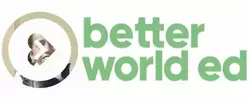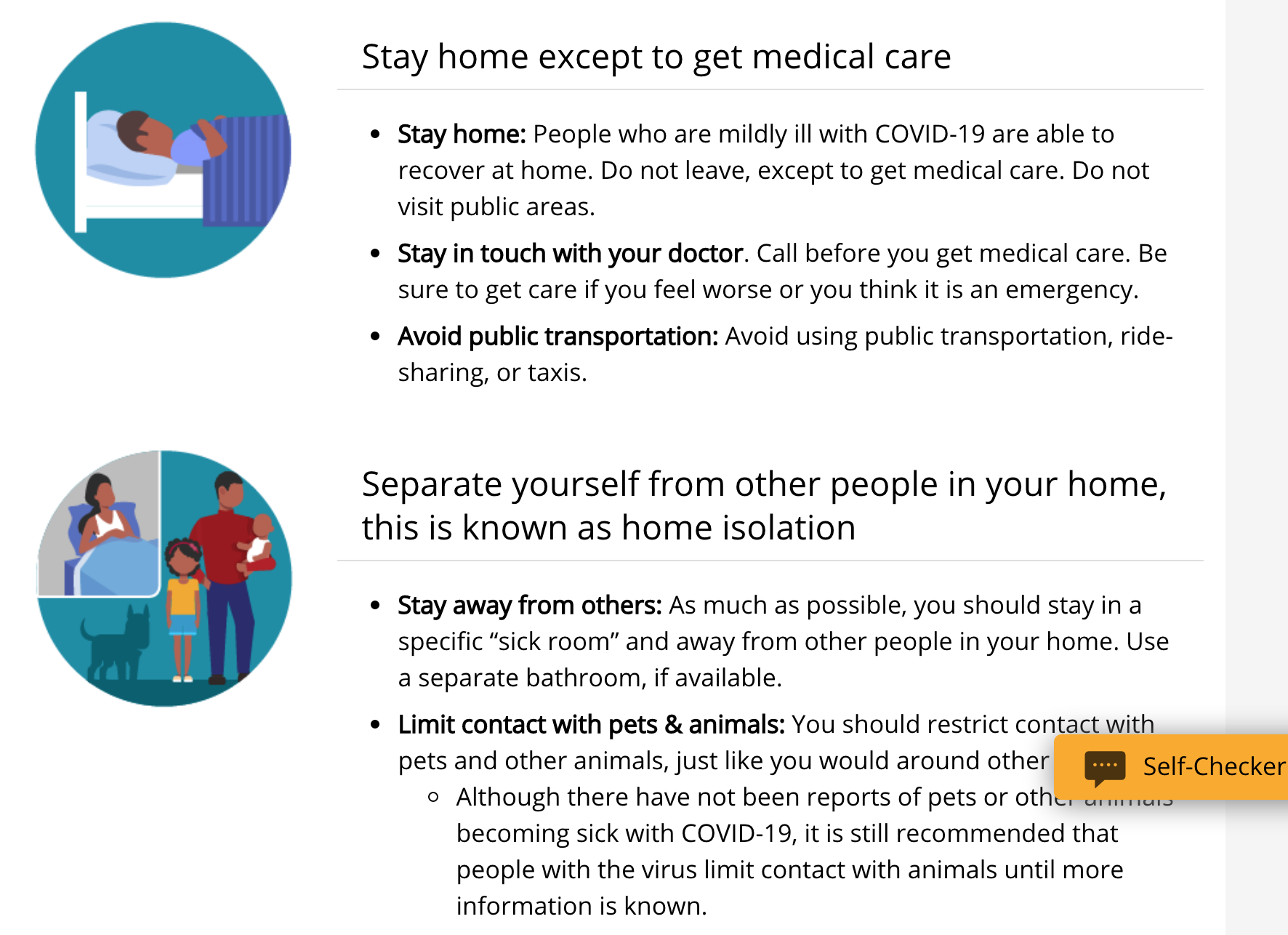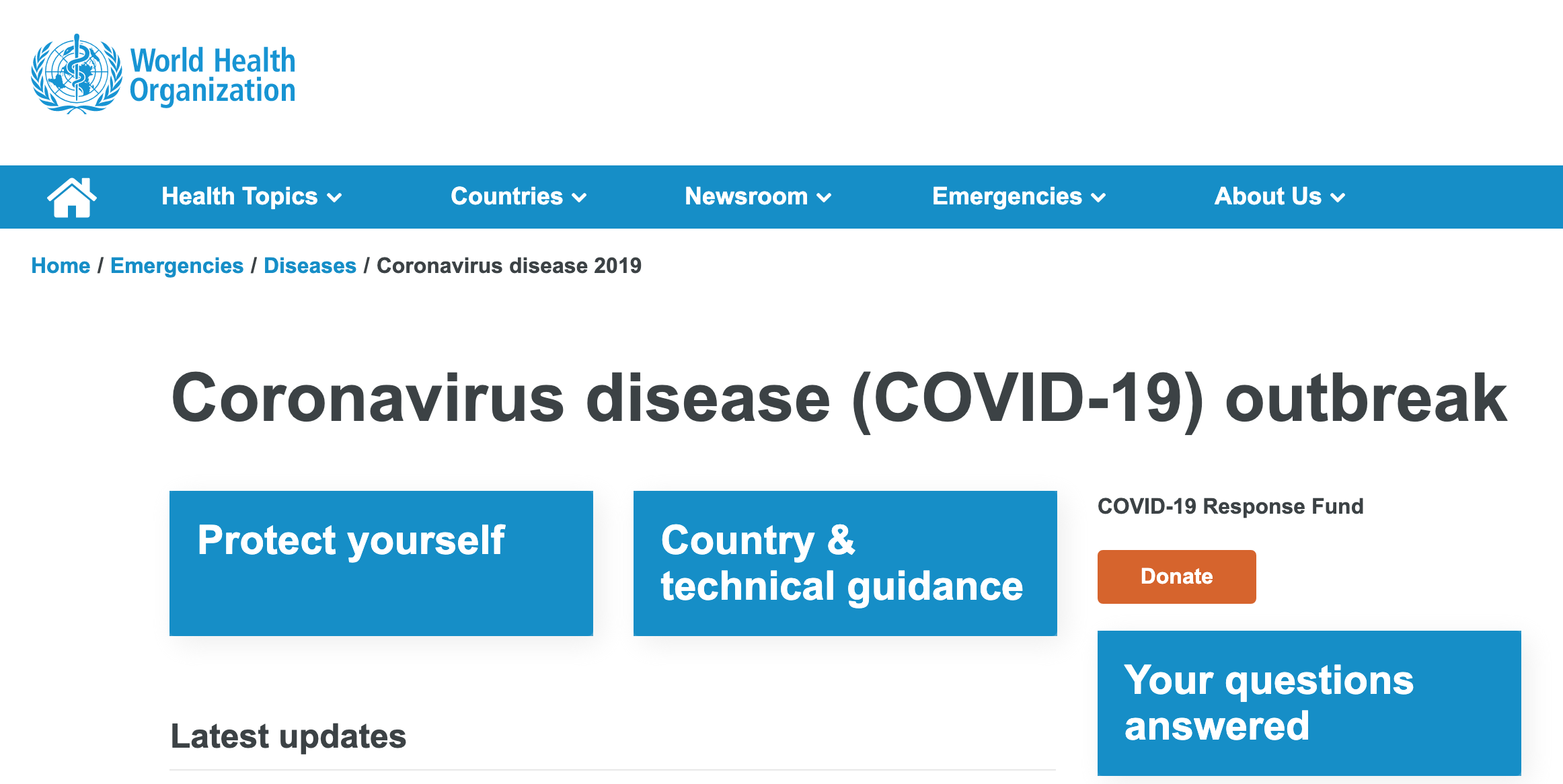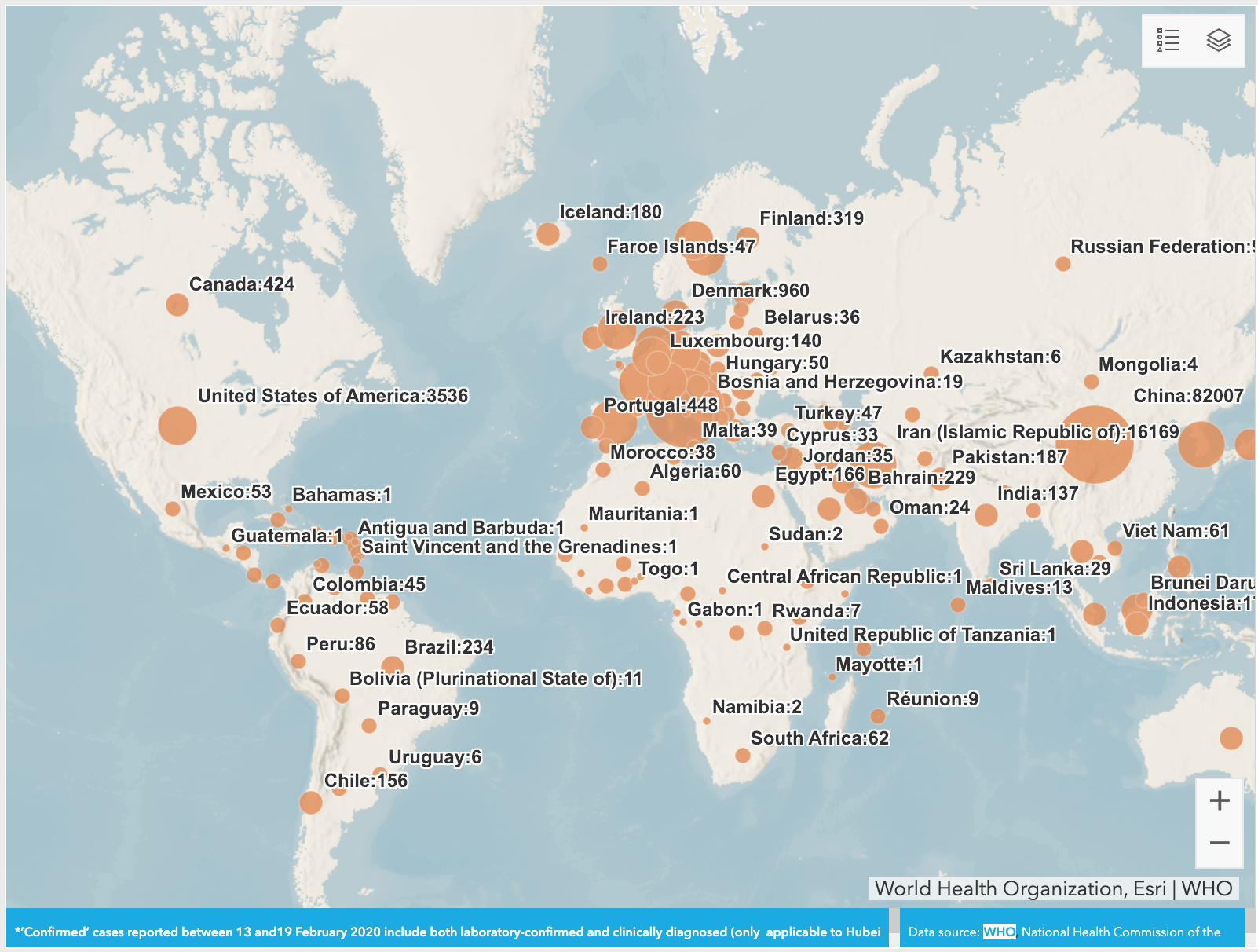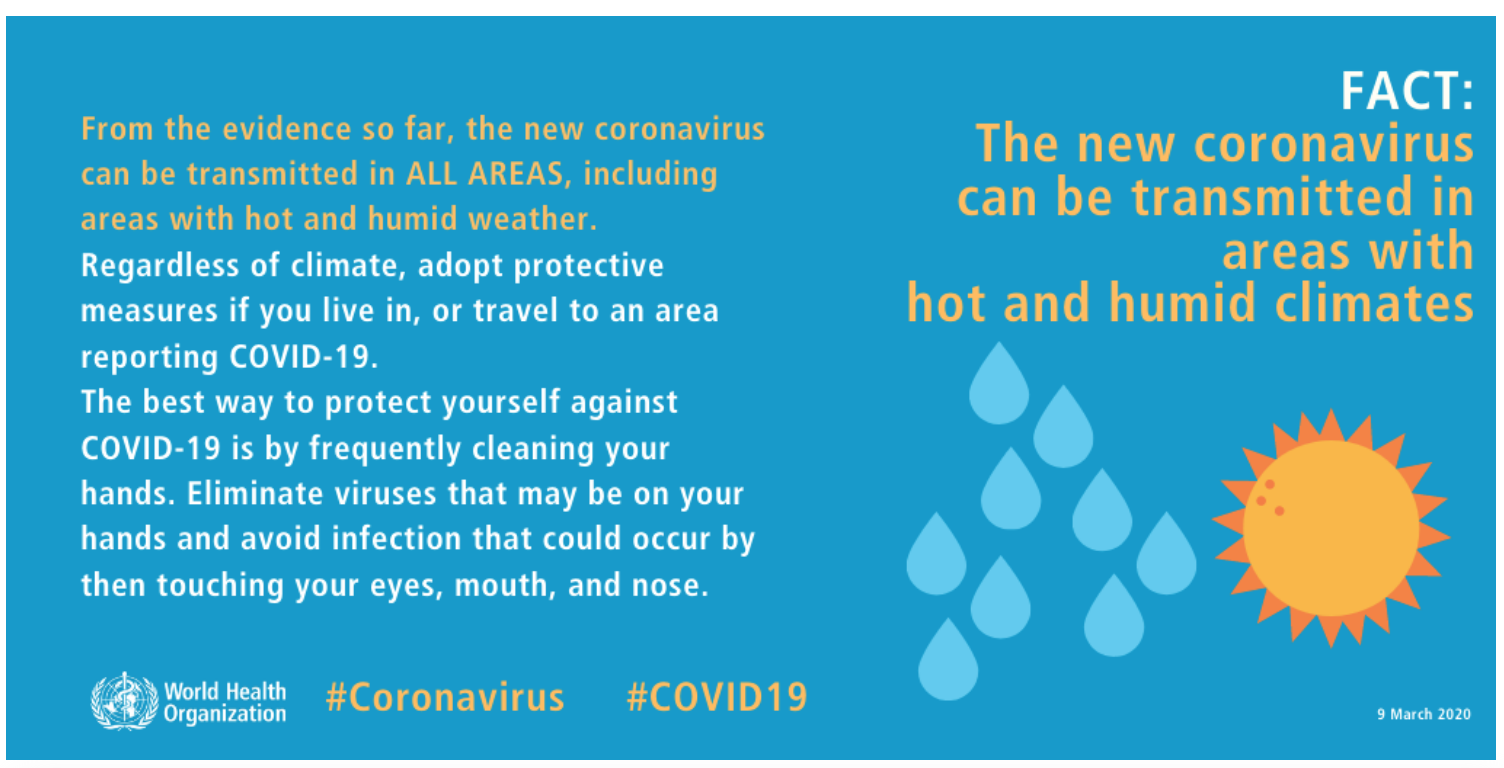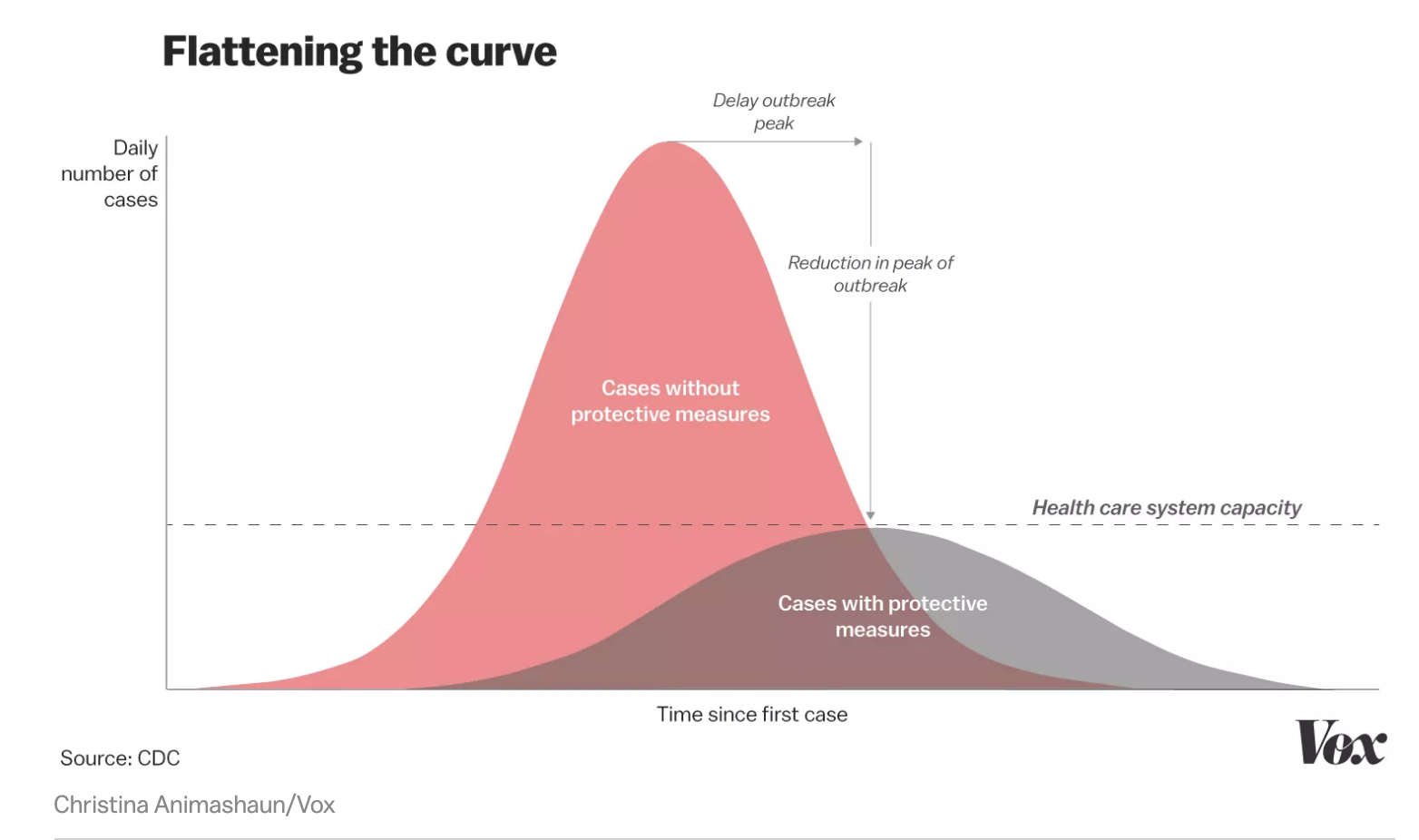A BetterWorldEd.org Unit
Coronavirus (COVID-19)
Intro
To every educator, student, parent, and human ready to engage with Coronavirus Learning Curriculum Resources:
We are living through a challenging situation, all across our world. This unit exists to be a resource, a learning hub, and a place where we can continue to love learning about self, others, and our world.
And where we can learn to love self, others, and our world — especially in these trying times for all of humanity. It’s an all (soap-washed) hands on deck kind of time right now. A time for us to Be WE, boldly.
Our team is here with you (virtually) and for you. Remember: If you want or need help, Crisis Text Line is here for you.
with a socially distanced virtual hug,
your Better World Ed friends
Note: if you’re a BeWE Member, check out an enhanced version of this unit. We weave math, literacy, social emotional learning, and more into the unit. If you’re not a member yet, use code COVID19 for some magic.
What is Coronavirus (COVID-19)? Why does it matter to learn about this virus? What can we do to stop the spread of this virus? What are the perceptions, biases, and judgments about Coronavirus out there in the world today?
What are the things that make this virus unique? How might we practice compassion, empathy, critical thinking, and curiosity before judgment during this challenging time? How can we distance physically without distancing ourselves emotionally from one another? Are socially distanced virtual hugs possible? (Yes!)
How might we make this time into a deep learning experience, actionable both in the future and also in our present moments? Where might practices like mindfulness, meditation, empathy, kindness, and exercise fit into the mix? What about things like hand washing?
How do we do all of this in a way that ties into the goals we have in our daily lives, without putting EVERYTHING on pause? Is it possible? Can we still do math and literacy learning in the midst of all that is going on in our world? (Spoiler Alert: Yes!)
By the end of this unit…
We will have explored these big questions and more! We’ll see the challenges that Coronavirus (COVID-19) presents in different environments around our world, the ways humans are working to address those challenges through the obstacles and fears, and we will explore what we can do in our own lives to become as effective as possible in moving beyond Coronavirus.
An Introduction to Coronavirus
(COVID-19)
First of all…
If you are feeling sick, it is very important to be aware of how to best handle your situation. For your health and the health of those around you. In case you’re wondering how to go about any or all of the aspects of the path from sick to “in good health” again, check this CDC guide out.
Here are important resources from the World Health Organization (WHO)
Do you have questions you and your students want to dig into with us? Reach out and we can coordinate / heartstorm about it!
Novel Coronavirus (COVID-19) Situation
This map experience from the World Health Organization (WHO) provides us a visual view of the situation humans are experiencing globally during the Coronavirus pandemic. If you’re an educator wondering what kinds of math and literacy prompts to create from this map, reach out anytime. We’re here to chat.
How Pandemics Spread
This TED-Ed video from 2012 explores what pandemics are, the history of them, and how they spread in our world today. Though not specifically focused on COVID-19, this video is particularly important for us to have a better understanding of disease and pandemics. A few questions to ponder and explore as/after you watch:
What makes the Coronavirus (COVID-19) unique or different, if anything? What is similar about it to past pandemics?
Why do pandemics spread, after all? How?
Exploring Disease with Crash Course
Write, Discuss, Reflect:
In this Crash Course video with John Green, we can explore (some parts of) the story of disease on our planet. This might be a fun and helpful thing to watch to explore some of the topics you and those around you can research and dive into further. Note: watch in advance to decide if this feels suitable for your students. This may be a video, depending on your context and grade level, for educators to use as a learning guide rather than a video to present to students.
Some questions to reflect on:
What have humans learned from past diseases and epidemics?
What have been some changes in the way humans have lived over time that can contribute / may have contributed to the growth in diseases spreading?
Some Big Reflection Questions
Think, Write, Heartstorm, Discuss:
1. What is Coronavirus (COVID-19)?
2. What kind of impact is COVID-19 having on humans across our planet?
3. What is the impact COVID-19 has had on you and those close to you?
4. Are there ways those around you can be of support to you? Are there ways you can be of support to others?
5. What are the ways in which all of us can work together to stop the spread of and mitigate the negative impact of Coronavirus (COVID-19)?
6. What are we curious about and eager to learn more about in relation to Coronavirus (COVID-19) Learning?
Being WE: How We Can Address These Challenges Together
How Can We Protect Ourselves and Each Other? (part one)
This video is a quick resource from the World Health Organization (WHO) that is incredibly important, simple to understand, and is essential foundational information for all of us to have in our minds as we protect ourselves and others.
Reflect and Discuss:
What are the ways in which you can change habits to prevent becoming infected, and to prevent spreading the virus?
What are the ways you can support others in your family or community?
How Can We Protect Ourselves and Each Other? (part two)
How can we prevent becoming ill with coronavirus (COVID-19)? Why does social distancing matter? How does the virus affect people who get it? This video dives into part of these questions, and the link below has more videos from the World Health Organization on basic protective measures against the new coronavirus.
Understand and Bust Myths
There are a lot of myths spreading about the coronavirus (COVID-19). A lot. This link talks about some of them in a simple, understandable way, with facts from a trusted source: The World Health Organization. If you are hearing mixed messages in your community, please check out this page to dig deeper into some of the myths that are spreading fast.
The Math of Social Distancing
Social distancing is important right now. It is hard, though very important for our safety as a species. In this article, Vox shows us the math of why it’s so very critical for humans to maintain social distancing efforts for the foreseeable future.
Math that can help us save lives together:
How many cases of coronavirus can we prevent from ever happening in ____ if we practice effective social distancing? Think of this at whatever level you prefer (community, town, country, planet) and pull from case counts in the WHO map in this unit.
Set up an equation for how to calculate the potential lives saved from effective social distancing.
Coronavirus Learning Curriculum List:
This is not close to an exhaustive list, nor is it necessarily the best list out there. It is simply a list of readings we have found to be helpful in several ways, and we hope you will find them educational and useful, too.
We have linked each article directly here:
0. https://www.crisistextline.org/get-help/coronavirus
1. https://medium.com/@tomaspueyo/coronavirus-act-today-or-people-will-die-f4d3d9cd99ca and https://medium.com/@tomaspueyo/coronavirus-the-hammer-and-the-dance-be9337092b56
2. https://www.theatlantic.com/health/archive/2020/03/where-do-you-go-if-you-get-coronavirus/607759/
4. https://www.bbc.com/news/av/technology-51863924/coronavirus-how-to-clean-your-smartphone-safely
6. Turning to One Another (a great book that’s always relevant, and especially relevant now)
7. Peace Is Every Step (another great book that’s always relevant, especially now)
8. The Anatomy of Peace (another great book for this moment where peace is so important)
9. https://globalepidemics.org
Have an article, video, or resource you’d love to see featured? Reach out! Or Submit A Lesson you’ve designed!
Learning is better together (even if it’s over the phone or a video call these days). If you ever want to chat or keep learning more, you know where to find us (hint: bottom right corner of your screen).
